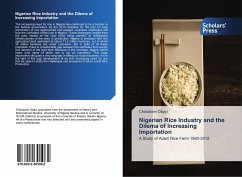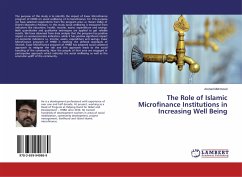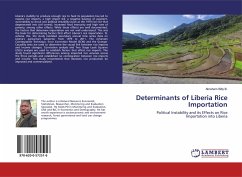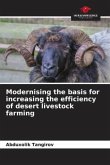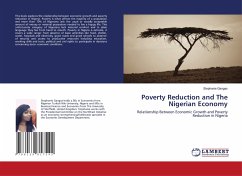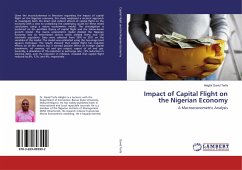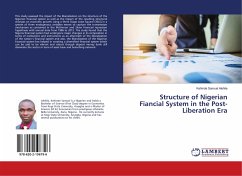The increasing need for rice in Nigeria has continued to be a burden to the federal government. As the 2015 deadline for the ban on total importation of rice approached and passed, countless challenges still face the cultivation of the crop in Nigeria. These challenges ranges from the poor variety of the crop (rice) being planted, to inadequate infrastructures in the area of production. Nigeria is endowed with rich agricultural land estimated at about 71.2 million hectares, out of which 34 million hectares are under cultivation. But in spite of all these potentials, there is considerable gap between the estimated food supply and demand of the food item. Because of this shortage, Nigeria import major food items of which rice is not an exemption. This huge importation still goes a very long way in killing our local industries. It is in the light of this ugly development of an ever increasing need for rice that we seek to study the challenges and prospects of Adani Local Rice Production.
Bitte wählen Sie Ihr Anliegen aus.
Rechnungen
Retourenschein anfordern
Bestellstatus
Storno

